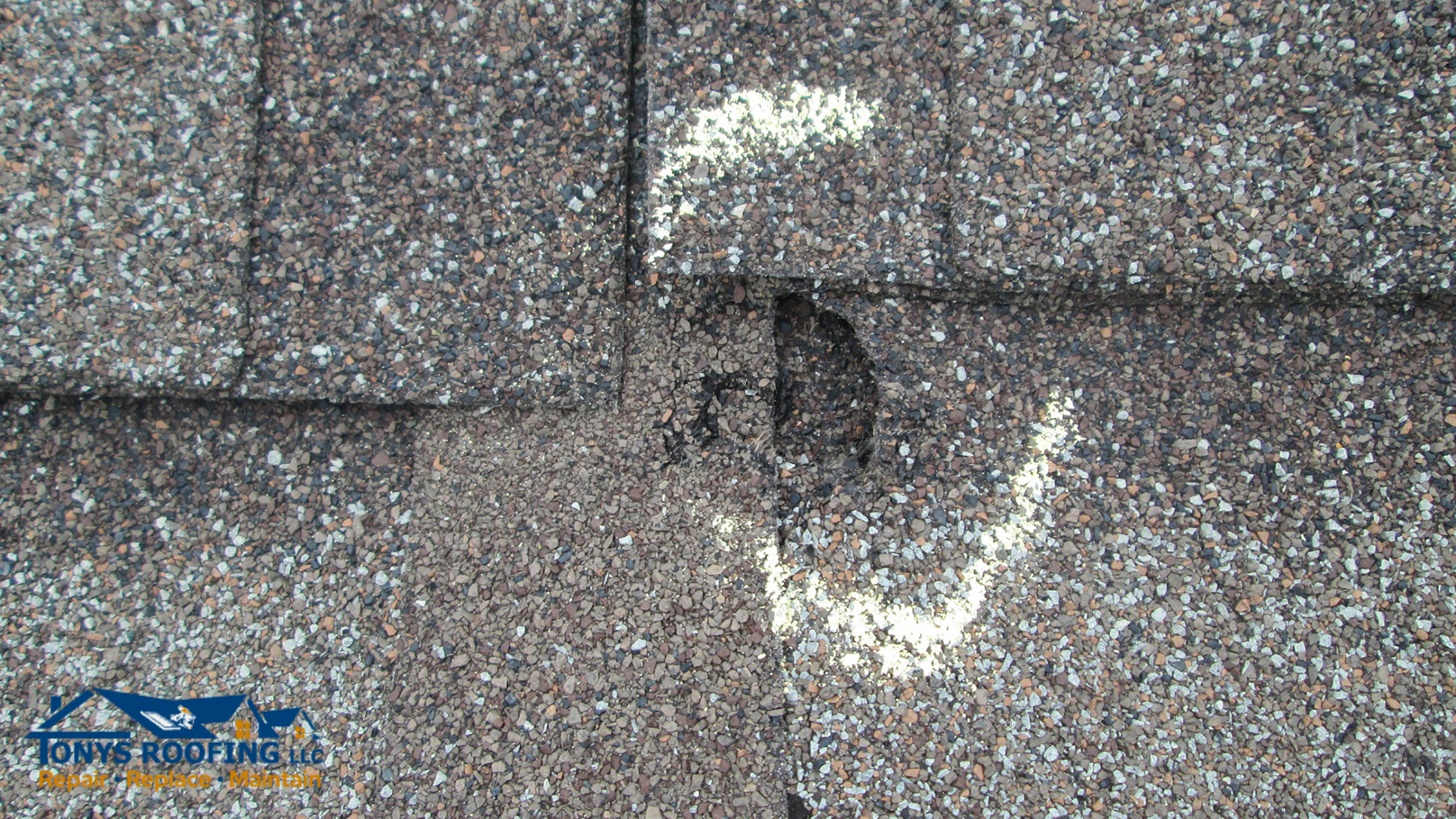For homeowners in Portland, understanding the financial aspects of roofing projects is crucial. Whether you’re considering a new installation or a replacement, knowing the factors that influence pricing can help you make informed decisions. This guide provides insights into the various elements that affect roofing costs and offers practical advice for obtaining accurate estimates.
Key Factors Affecting Roofing Prices
Several variables can impact the overall cost of roofing services. Here are the primary considerations to keep in mind:
- Material Selection: The type of roofing material you choose plays a significant role in determining costs. Options range from budget-friendly asphalt shingles to premium metal and tile roofs, each with its own price point.
- Roof Dimensions and Design: The size and complexity of your roof will influence labor costs. A simple, single-pitched roof is generally less expensive to install than a multi-faceted design.
- Labor Expenses: Labor costs can vary based on the contractor’s expertise and the local market conditions. It’s advisable to gather multiple quotes to ensure competitive pricing.
- Geographic Location: Prices may differ within various neighborhoods in Portland. Urban areas often have higher costs compared to suburban or rural regions.
Average Roofing Costs in Portland
To provide a clearer understanding of what to expect, here’s a table outlining the average costs associated with different roofing materials commonly used in the Portland area:
| Roofing Material | Average Cost per Square Foot | Estimated Lifespan |
|---|---|---|
| Asphalt Shingles | $3 – $5 | 15 – 30 years |
| Metal Roofing | $7 – $12 | 40 – 70 years |
| Tile Roofing | $10 – $20 | 50 – 100 years |
| Wood Shakes | $6 – $9 | 20 – 40 years |
Understanding the costs associated with roofing services in Portland is essential for homeowners looking to maintain or replace their roofs. By considering the factors outlined above and utilizing the average cost data, you can make informed decisions that align with your budget and needs. In the next section, we will explore how to select the right roofing contractor and what to expect during the roofing process.
Choosing the Right Roofing Contractor
Selecting a qualified roofing contractor is crucial to ensure the success of your roofing project. Here are some key points to consider when making your choice:
- Check Credentials: Ensure the contractor is licensed, insured, and bonded. This protects you from liability in case of accidents during the project.
- Read Reviews: Look for customer reviews and testimonials online. Websites like Yelp, Google Reviews, and Angie’s List can provide insights into the contractor’s reputation.
- Get Multiple Quotes: Obtain estimates from at least three different contractors. This will help you compare prices and services offered.
- Ask About Warranties: Inquire about warranties on both materials and labor. A reputable contractor should offer a warranty that covers their work.
Pros and Cons of Different Roofing Materials
Understanding the advantages and disadvantages of various roofing materials can help you make an informed decision. Here’s a breakdown:
| Material | Pros | Cons |
|---|---|---|
| Asphalt Shingles | Affordable, easy to install, available in various colors | Shorter lifespan, less durable in extreme weather |
| Metal Roofing | Long-lasting, energy-efficient, resistant to extreme weather | Higher initial cost, can be noisy during rain |
| Tile Roofing | Durable, excellent insulation, aesthetically pleasing | Heavy, requires reinforced roof structure, expensive |
| Wood Shakes | Natural appearance, good insulation, environmentally friendly | Requires maintenance, susceptible to rot and pests |
Common Roofing Issues to Watch For
Being aware of potential roofing problems can save you time and money in the long run. Here are some common issues to look out for:
- Leaks: Water stains on ceilings or walls may indicate a leak in your roof. Addressing leaks promptly can prevent further damage.
- Missing Shingles: Check for any missing or damaged shingles, as this can expose your roof to the elements.
- Ponding Water: If water collects on your roof after rain, it can lead to structural damage over time.
- Granule Loss: If you notice granules in your gutters, it may indicate that your shingles are deteriorating.
Final Thoughts
Investing in a new roof or roof replacement is a significant decision for any homeowner in Portland, Oregon. By understanding the costs, materials, and potential issues, you can make informed choices that will protect your home for years to come. Remember to choose a reputable contractor and gather multiple quotes to ensure you receive the best value for your investment.


